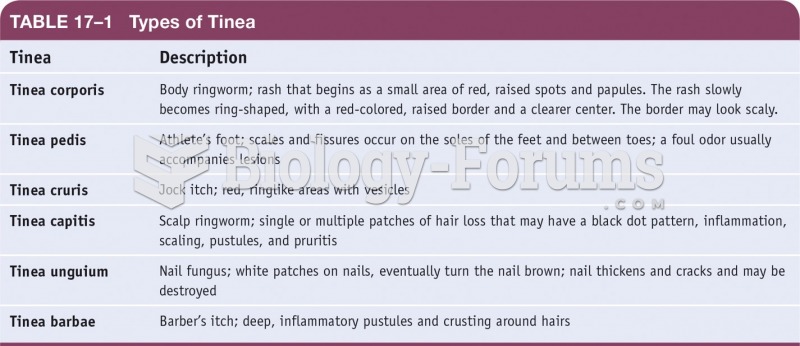This topic contains a solution. Click here to go to the answer
|
|
|
Did you know?
There are major differences in the metabolism of morphine and the illegal drug heroin. Morphine mostly produces its CNS effects through m-receptors, and at k- and d-receptors. Heroin has a slight affinity for opiate receptors. Most of its actions are due to metabolism to active metabolites (6-acetylmorphine, morphine, and morphine-6-glucuronide).
Did you know?
Your heart beats over 36 million times a year.
Did you know?
In 1864, the first barbiturate (barbituric acid) was synthesized.
Did you know?
All adults should have their cholesterol levels checked once every 5 years. During 2009–2010, 69.4% of Americans age 20 and older reported having their cholesterol checked within the last five years.
Did you know?
There are over 65,000 known species of protozoa. About 10,000 species are parasitic.







